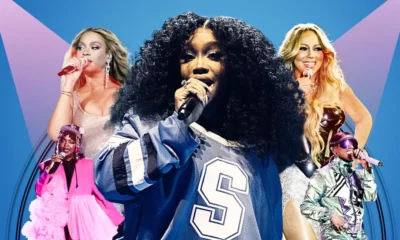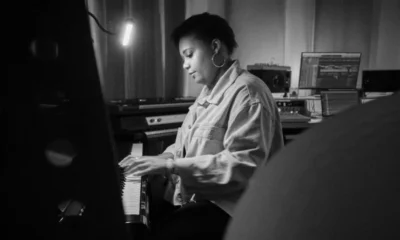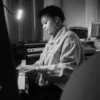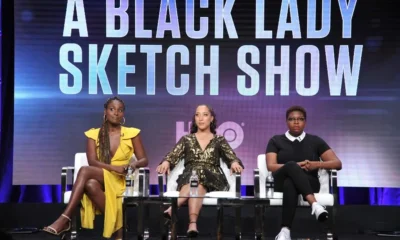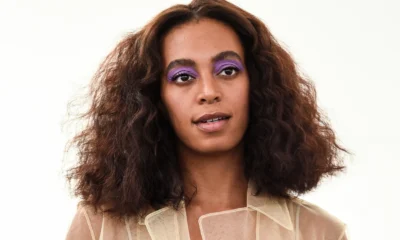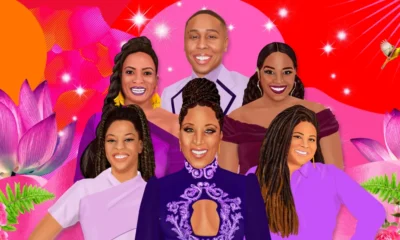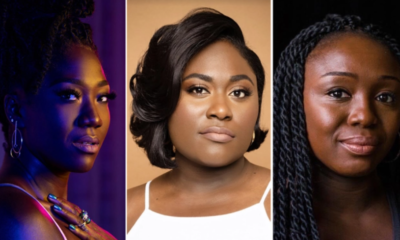Black Women in Entertainment
GRLZ Take Over The Airwaves
A Boston radio station trains teens, helps them find their voice, and gives them a chance to be heard.
Fed up with the way women and girls were portrayed in music on the radio, a group of teenage girls on a Boston soccer team brought an idea to their coach. They wanted to start their own radio station that portrayed women positively and respectfully, they said. Through the help of their coach, in 2003 the girls presented their idea to then-Mayor Thomas Menino, who supported it. Later that year, GRLZradio went on the air.
Today, GRLZradio produces a girls-run radio show with programming that includes music and discussions. The Boston-based program is one of eight run by St. Mary’s Center for Women and Children. Annually, more than 100 girls—primarily girls of color—between ages 12 and 19 complete the nonprofit’s multi-month training in radio hosting, engineering, producing, and blogging. It’s more than just a job-training program, though. By giving them control over the airwaves—and supporting them when they’re off the air—GRLZradio is helping to uplift teen girls.
“It’s important to show them that they have a voice and that they can say what’s on their mind,” said GRLZradio broadcast manager Danielle Johnson. She added that the girls who participate in the program are “submerged in a culture” that sexually objectifies them in music and television.
A 2007 American Psychological Association report shows that low self-esteem and depressive symptoms are linked to the sexualization of women and girls in the media. At the same time, men “dominate media across all platforms—television, newspapers, online, and wires—with change coming only incrementally,” according to the Women’s Media Center report “The Status of Women in the U.S. Media 2017.” The report reveals that women of color have the greatest lack of representation. But GRLZradio is helping shift this narrative by giving teen girls the tools to broadcast their own voices.
Girls like Taja Boone. When Boone became a DJ at GRLZradio in 2013, her life was spinning out of control.
According to Boone, a volatile situation at home crept into every corner of her life. When she was 16, her habit of staying out late to hang out with friends led her to repeat the 10th grade. Eventually, she decided to drop out of school.
GRLZradio provided support in the midst of instability.
Boone’s experience is shared by many girls in the program. Teens at GRLZradio often don’t have a consistent parental figure in their life, said program and communications coordinator Tekeisha Meade. A 2015 Boston Public Health Commission report shows that in the predominantly African American neighborhood of North Dorchester, where Boone is from, more children disproportionately live in single-parent families than anywhere else in the city. And in 2011, the highest …
Please read original article – GRLZ Take Over The Airwaves






